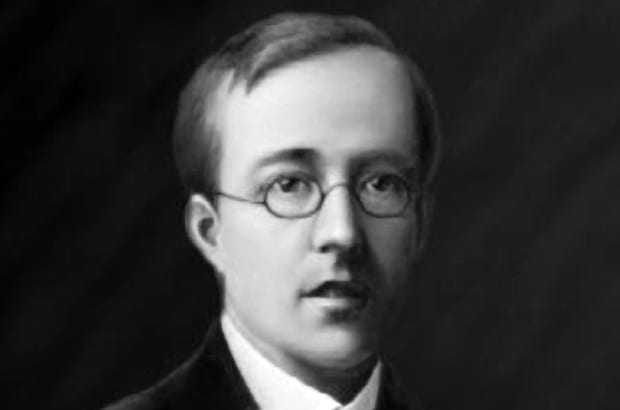The English composer Gustav Holst is still inspiring modern movie composers today, almost 100 years after his death.
Gustav Holst is most well-known for his orchestral suite, Planets that featured five dramatic movements focusing each on a planet in our solar system, Mars, Venus, Mercury, Saturn and Jupiter. These movements have inspired many movie composers since, and in many ways the score has made its way into a majority of modern film.
For instance, the rhythmic ostinato featured in Gustav Holsts’ Mars is heavily featured in the final scene of Star Wars: Episode IV – A New Hope. The concluding act sees Luke Skywalker firing his proton torpedo into the exhaust port of The Death Star, with a dramatic sequence ensuing. During this time, the score crescendo’s, becoming louder and louder, building tension. This dramatic composition is almost identical to that of Gustav Holst’s Mars, a piece written in 1919.
John Williams, the composer for Star Wars was actually told by George Lucas himself to make the score for the scene equal to that of Mars. We could talk about John Williams ‘using’ pieces from other composers another time, that can certainly be a separate discussion altogether.
Digging deeper it’s found that there a huge selection of movies that feature Gustav Holst’s work fairly heavily, many composers at the very least drew inspiration from Holst’s Planets. The Alien franchise (most notably Aliens) features a variation of the score during the scene where Ripley fights off the Alien queen with a powerloader. Other notable mentions include Star Trek IV: The Voyage Home, The Terminator, Predator and the fairly iconic Inception soundtrack.
There’s undoubtedly a pattern here, almost all the films that use this score fall within the science fiction genre.
Mars is certainly a fitting score for science fiction films in general. The piece was written with the titular planet in mind and was featured in the orchestral suite Planets, which included movements for other planets such as Venus and Mercury. Not to mention the fact that Mars was also titled, “The bringer of War”. Clearly, Gustav had science fiction in mind from the start.
Gustav Holst can be seen as unintentionally being one of the greatest movie composers of all time, inspiring many film scores of the last 50 years.
